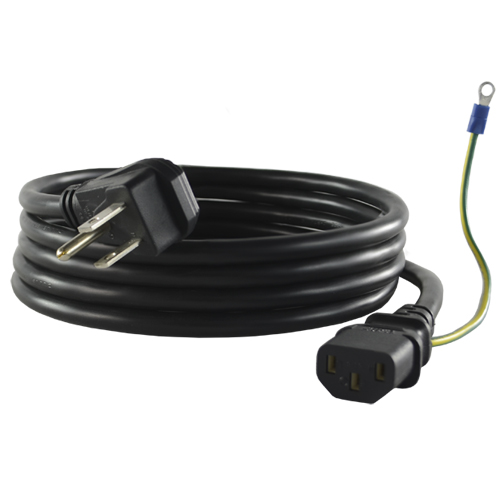I made a DIY light fixture by putting some cut-to-size LED strips in an aluminum housing connecting them to a Mean Well DC power supply with a 3-prong plug. It's supposed to hang over a planted aquarium.
My problem is that I feel a tingling sensation when I touch the housing. My understanding is that this is current leakage from the PSU and I need to ground the housing.
What is the best way to go about doing that?
Is there a product available for this sort of thing?

My problem is that I feel a tingling sensation when I touch the housing. My understanding is that this is current leakage from the PSU and I need to ground the housing.
What is the best way to go about doing that?
Is there a product available for this sort of thing?











